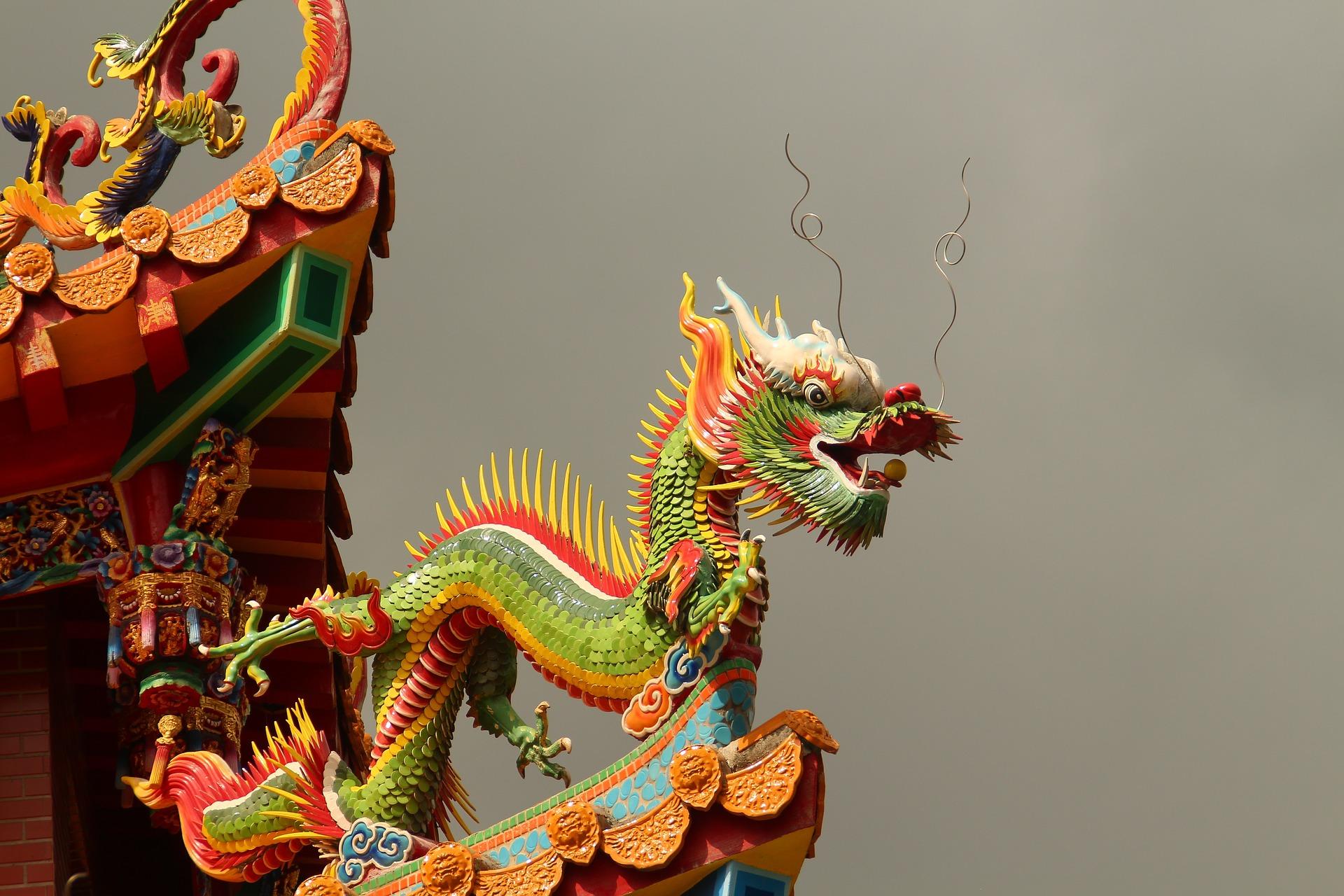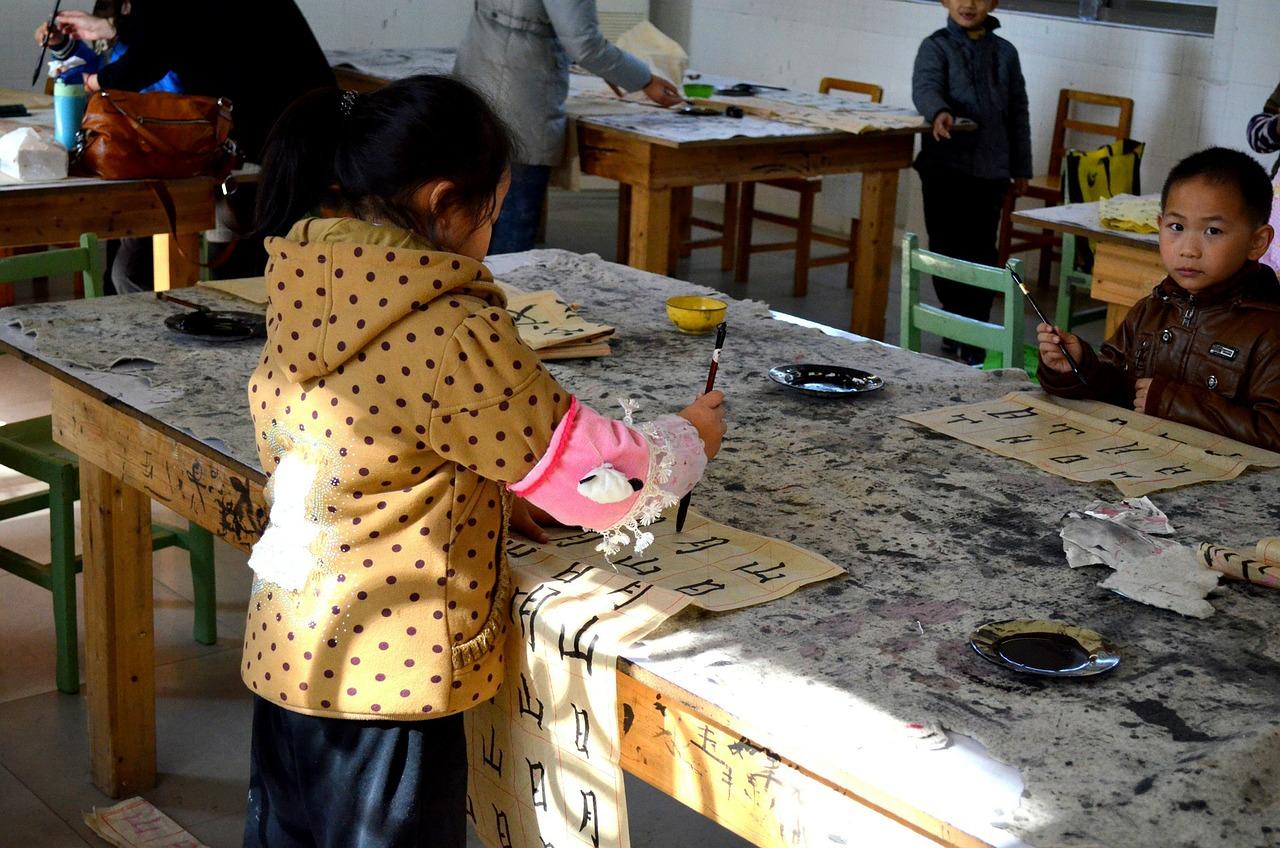“If you talk to a man in a language he understands, that goes to his head. If you talk to him in his language, that goes to his heart.” - Nelson Mandela
If there’s a language that makes you want to travel, makes you want to dream, and is pretty complicated, it’s Chinese. With Mandarin Chinese’s writing and tonal pronunciation, it can seem pretty complicated to master. However, Chinese itself actually includes several different languages, dialects, and regional variants which make learning “Chinese” even more difficult. Chinese is spoken by around 1.3 billion people by 7 main groups of people. From Chinese as it’s spoken in Shanghai to Mandarin, which most students will learn when they study Chinese, you need to be aware of the different languages that make up Chinese and what’s special about each of them. So what are the different languages that make up Chinese? In this article, we’re going to have a look at a few of them!

The Top Reasons for Learning Different Variants of Chinese!
Learning a foreign language is often a good idea, especially if you opt for a language as common as Chinese. As you’ve understood, there’s no such thing as Chinese in the singular. There are different languages and dialects that are spoken across China in different regions around the country. In fact, Chinese is a group of Sino Tibetan languages. The most common is Chinese Mandarin, a standardised version of spoken and written Chinese which is based on the Beijing dialect. Mandarin is also known as Putonghua. While learning Mandarin is also really rewarding, there's more to learning to speak Chinese than just that. Of course, Mandarin is taught in most Chinese lessons. Travelling through China is arguably the best way to discover them and you’ll soon see why people in certain regions don’t understand one another. In fact, a number of different Chinese people speak languages that are completely different from one another. You'll soon see that everyday phrases are different, each syllable sounds unique, and the way people communicate can make having a conservation almost impossible if you don't speak the local language. Of course, many Chinese people are taught the Mandarin language as it's the official language of China and many people have a good level of proficiency in it. However, you can't assume that everyone in China is a native speaker of the language. In fact, learning all the different varieties of Chinese would be quite the challenge, especially given you’ll have to learn all about the different characters as well as the language and culture specific to each region, too. Being able to make yourself understood wherever you are, be it Shanghai, Hong Kong, or Taiwan, is a useful skill to have! Furthermore, being familiar with the various dialects and languages around China will help you better understand the history and culture of the country as well as help you better understand your own language. Of course, not every single Chinese language is easy to learn even to a basic or intermediate level since you need to spend a lot of time understanding the fundamentals of each, learning the characters, practising the phonemes, and studying the culture of where it’s spoken. Learning the different languages and dialects will certainly help you more as you travel around China. There’s nothing better than immersing yourself in the local culture to learn more about it and its language. Additionally, learning the specifics of certain Chinese languages and dialects will be a major benefit depending on where you travel to. Knowing these different languages will help you distinguish them better, too. This might be massive in an interview, for example! While no language or dialect is inherently more interesting than another, we won’t be able to get through all of them in just one article so we’ve had to pick a few select ones.
Cantonese
“Those who know nothing of foreign languages know nothing of their own.” - Johann Wolfgang von Goethe
What do you know about the Cantonese language? 

Learning Wu and Travelling to Shanghai
As we’ve said, there are different languages in different parts of China. Shanghai is no exception to the rule, where they speak a variant of Wu Chinese, a language spoken by between 7 and 8% of the Chinese population. Learning Wu Chinese to travel to Shanghai would probably be a good idea if you really want to learn more about the local culture of this city. Wu Chinese probably isn’t the first language that gets mentioned when people talk about Chinese. While little probably comes to mind when somebody says Wu, there are a number of good reasons to learn about this language:
- You can learn more about Chinese culture.
- You can better understand certain populations of China.
- You can discover more about the places where Wu is spoken, such as Shanghai.
- You can learn to speak a language that is spoken by very few people in the West.
- It will help you develop transferable foreign language skills that will come in useful for other language courses.
- And much more!
The bustling megalopolis of Shanghai, whose name means “on the sea”, is the biggest city in China and one of the biggest cities in the world. While the official language of Mandarin is often spoken, they also speak Wu Chinese here. It’s used in informal conversations all over the city. Find Chinese courses London here on Superprof. 
Min Chinese
There’s another language in China as interesting as Wu Chinese, that’s spoken in the southeast of the country, Min Chinese. This type of Chinese is mainly spoken in the Fujian Province by around 70 million people. It’s a pretty big deal! 
- Min Bei is spoken around Naping, in the Fujian Province.
- Min Dong is present in the Fuzhou region, the capital of Fujian Province.
- Min Nan is the largest of the dialects and is spoken in a number of different places in Guangdong and Taiwan.
- Min Zhong is the variety spoken in the Sanming prefecture.
- Pu-Xian Min is spoken in Putian and Xianyou County.
Min Chinese actually uses the same characters as Mandarin Chinese for a number of terms. This can make it easier to learn via private tutorials if you’ve already decided to learn Mandarin Chinese. In fact, a tutor is a great option for learning languages like Min Chinese as well as learning more about the accompanying culture. As you’ve probably understood, Chinese isn’t just one language and nor is it just one type of food, but rather a series of languages, a multitude of different cultures, and impossible to classify as just one civilisation. So are you ready to learn more about them? Language learning is incredibly rewarding, especially if you choose to speak, read, and write a new language like Cantonese, Shanghainese, or Min.
Summarise with AI:
























